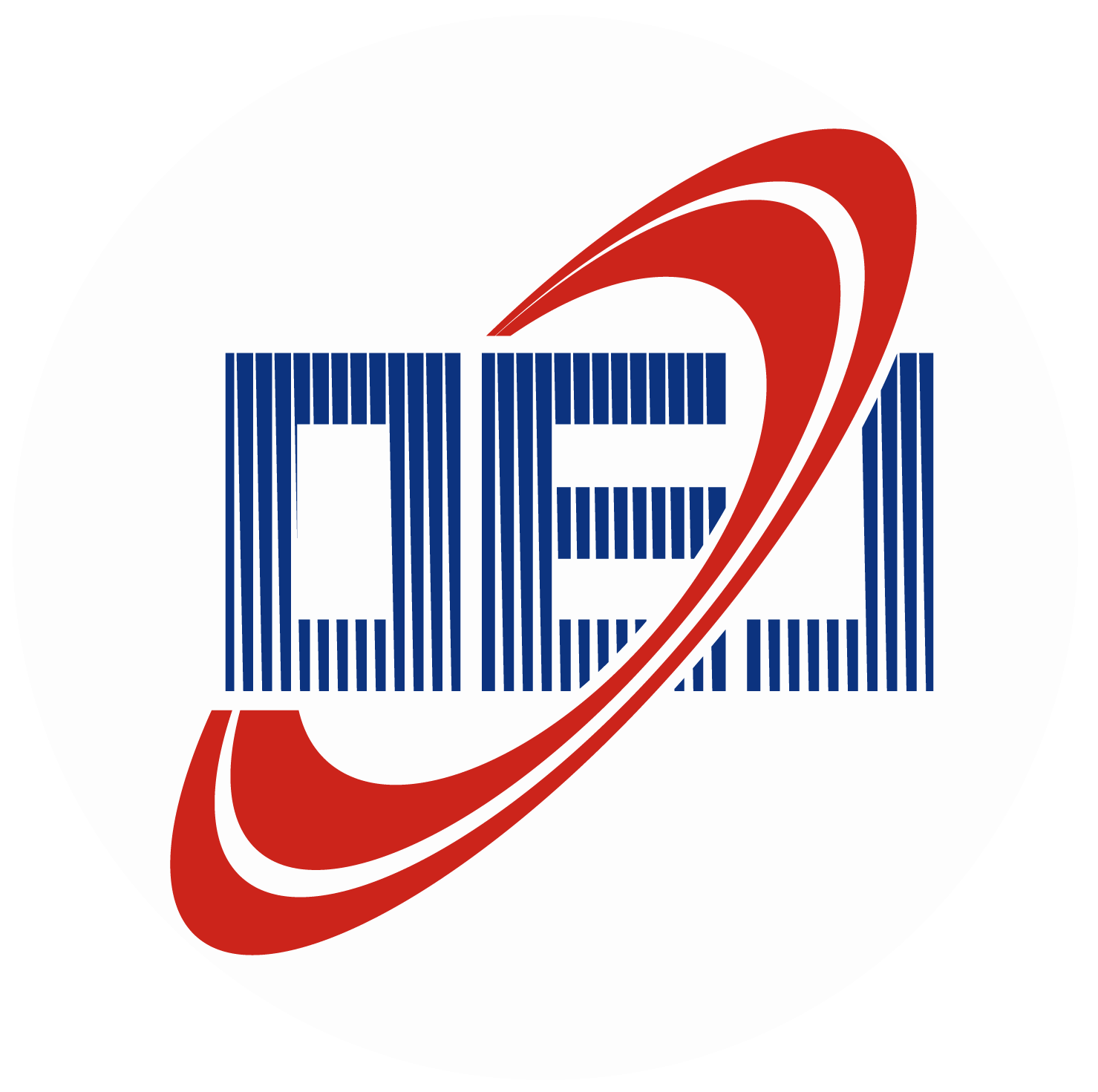2021, 4(11): 210048.
DOI: 10.29026/oea.2021.210048
2021, 4(11): 210030.
DOI: 10.29026/oea.2021.210030
2021, 4(11): 200060.
DOI: 10.29026/oea.2021.200060


 E-mail Alert
E-mail Alert RSS
RSS

